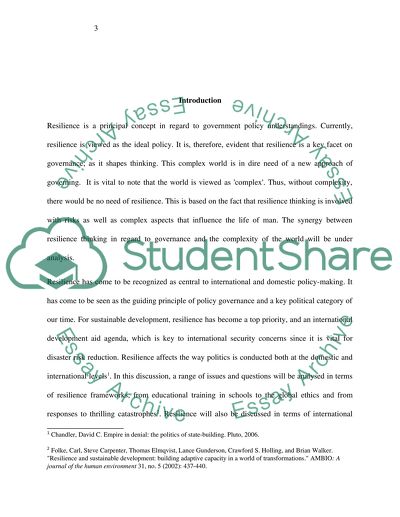Cite this document
(“What is the link between resilience and complexity Essay”, n.d.)
What is the link between resilience and complexity Essay. Retrieved from https://studentshare.org/social-science/1664789-what-is-the-link-between-resilience-and-complexity
What is the link between resilience and complexity Essay. Retrieved from https://studentshare.org/social-science/1664789-what-is-the-link-between-resilience-and-complexity
(What Is the Link Between Resilience and Complexity Essay)
What Is the Link Between Resilience and Complexity Essay. https://studentshare.org/social-science/1664789-what-is-the-link-between-resilience-and-complexity.
What Is the Link Between Resilience and Complexity Essay. https://studentshare.org/social-science/1664789-what-is-the-link-between-resilience-and-complexity.
“What Is the Link Between Resilience and Complexity Essay”, n.d. https://studentshare.org/social-science/1664789-what-is-the-link-between-resilience-and-complexity.


